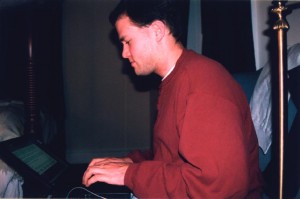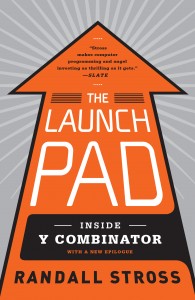I've launched a new blog where I'll be posting most all of my future technical writing about technology, software and hardware including release announcements and code examples from my various personal projects, reviews of gadgets and services I use, how-to articles and more. If you'd like to know about new posts there, you can subscribe to the RSS feed or sign up for email notifications.
The latest post is about a new WordPress plugin I released today to help consultants, counselors, wellness professionals, attorneys and others who need to sell access to their time online.
Even though a best practice for blogging in general has always been to find a niche or subject area focus and stick to it, I resisted that for a long time with this main personal blog because I wanted it to encompass all of the various things I think about and work on. In the early days of blogging, I found my audience didn't mind too much that I would post one day about something technical and the next day about something personal and non-technical and the next day about something very specific to my local community; it was easy to hit "next" in their RSS feed reader and move on if they weren't interested in the subject.




 Occasionally people ask me how I got started working in the world of computers and Internet technology. There were a lot of different factors - from my own curiosity to the learning and discovering my parents and teachers encouraged to the timing of what tools/tech became available as I grew up. I don't think I can hold one particular decision or moment up over another as key, but I thought I'd try to hit some of the highlights.
Occasionally people ask me how I got started working in the world of computers and Internet technology. There were a lot of different factors - from my own curiosity to the learning and discovering my parents and teachers encouraged to the timing of what tools/tech became available as I grew up. I don't think I can hold one particular decision or moment up over another as key, but I thought I'd try to hit some of the highlights.
